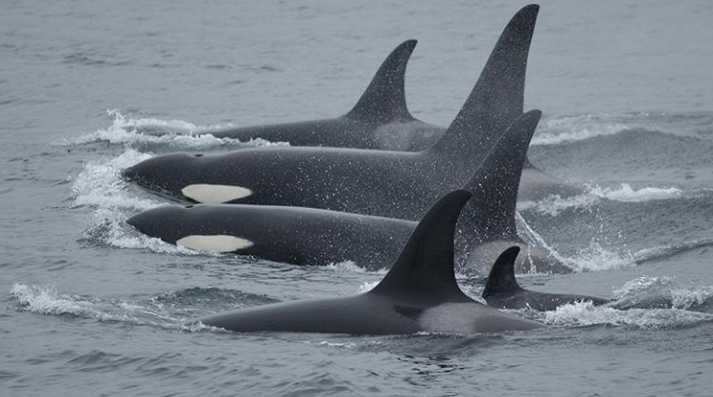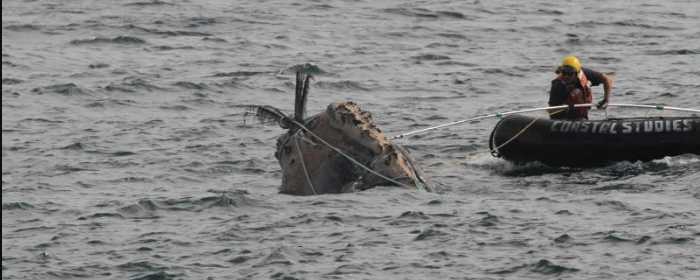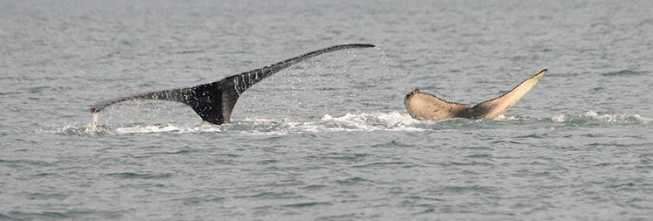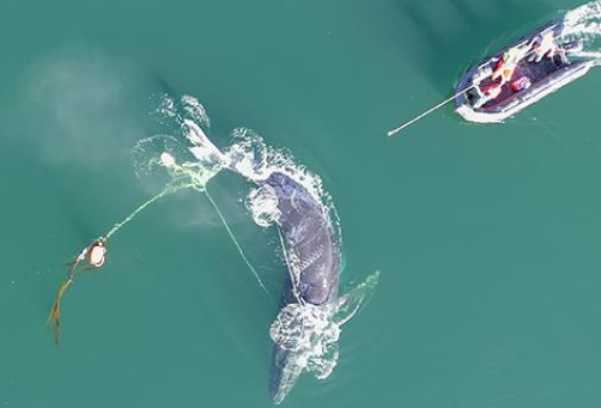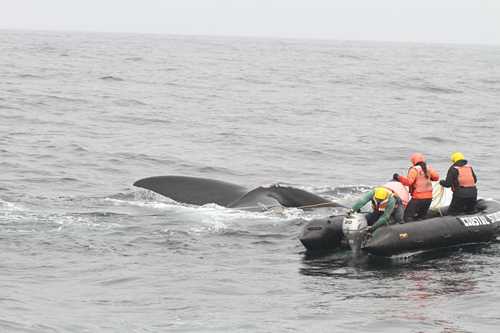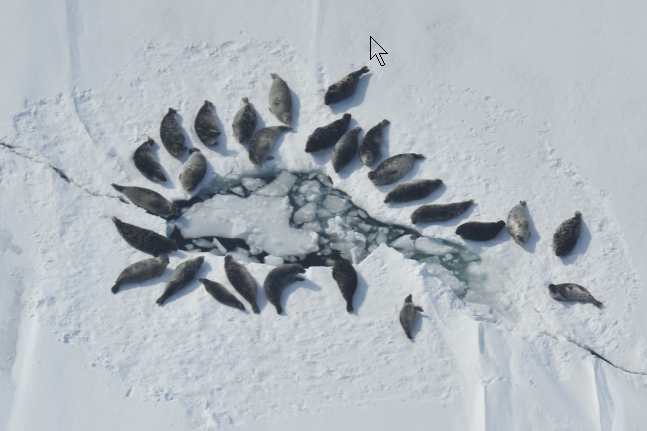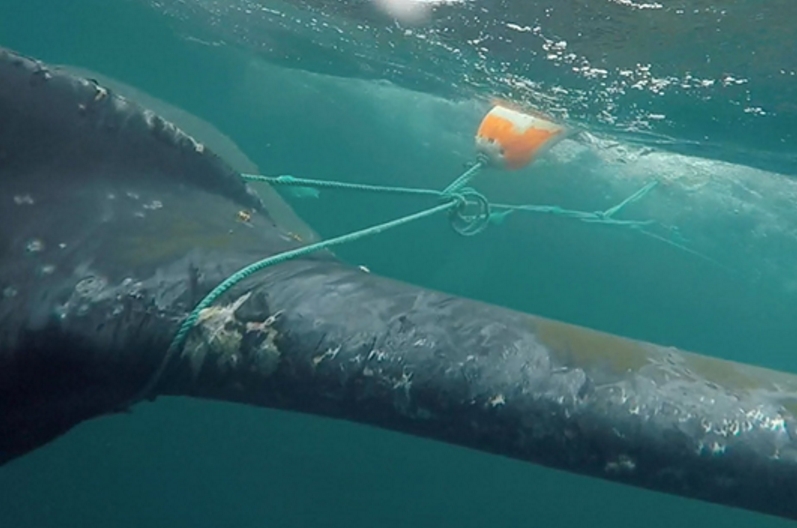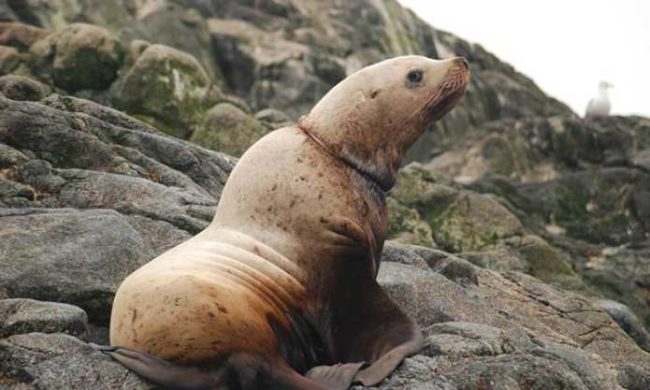
Proactive Cooperation
Pinnipeds—seals, sea lions, and walruses—are inquisitive animals. This makes them vulnerable to becoming entangled around their necks when they investigate loop-shaped marine debris such as packing bands and abandoned fishing nets. They can also become snagged by fishing hooks and entangled by other garbage that enters the marine ecosystem. In 2009, a group of marine mammal scientists in the United States decided to form the Pinniped Entanglement Group. They realized that to help entangled pinnipeds in Alaska, prevention was the most effective way forward.
Entanglements can lead to severe injuries and even death, as plastics and fishing gear can loop around pinnipeds and cause strangulation as the animal grows. This is a worldwide problem that can be prevented by finding better disposal solutions for our trash and fishing gear.
During a three-week survey around Alaska in 2000, scientists from NOAA and the Alaska Department of Fish and Game encountered more than 50 Steller sea lions with severe entanglements. They also saw an increase of northern fur seal entanglements around the Pribilof Islands, Alaska.
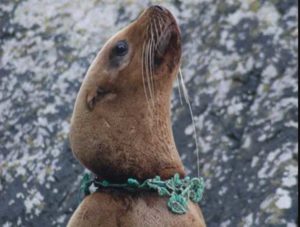
The group uses a two-pronged approach of education and rescue, putting it at the forefront of pinniped dis-entanglement. It has created a global network, encompassing every continent outside of Antarctica. Members are dedicated scientists, educators, and volunteers working to prevent seals and sea lions from being entangled and rescuing them when possible.
Its founding members each bring their own pinniped expertise to the initiative. Kim Raum-Suryan is the NOAA Alaska region’s marine mammal specialist who serves as the coordinator. Mike Williams is a NOAA biologist and the northern fur seal program manager on the Pribilof Islands and has worked on entanglements for almost 40 years. Kate Savage is a veterinarian and biologist and has been integral to the success of remotely sedating Steller sea lions. Lauri Jemison works for the Alaska Department of Fish and Game and leads all of the Steller sea lion disentanglement response trips.
“This group is so invigorating, and these founders continue to inspire me to try harder to make a difference in marine conservation,” said Mike of his colleagues.
The group is now a worldwide community with 144 members in 18 countries. Their work to raise awareness on disentanglement has advanced new tools and techniques like remote sedation, which allows responders to safely intervene for animals that were previously inaccessible.
Read the full story at NOAA Fisheries[content id=”79272″]

